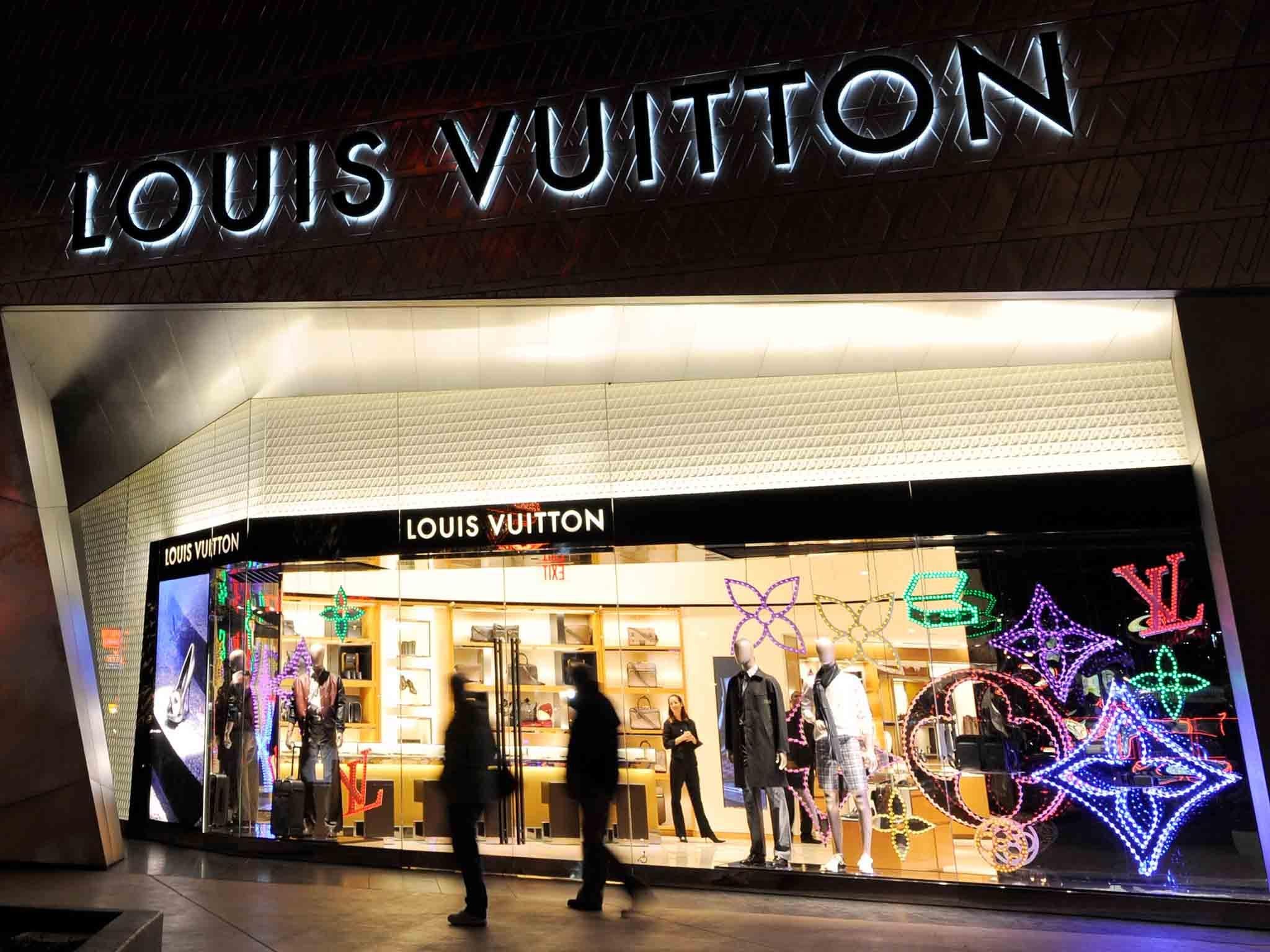Chinese and millennial shoppers help luxury goods sales grow faster than expected
After a stalling in 2016, revenues from luxury goods are expected to rise 6 per cent in 2017

Your support helps us to tell the story
From reproductive rights to climate change to Big Tech, The Independent is on the ground when the story is developing. Whether it's investigating the financials of Elon Musk's pro-Trump PAC or producing our latest documentary, 'The A Word', which shines a light on the American women fighting for reproductive rights, we know how important it is to parse out the facts from the messaging.
At such a critical moment in US history, we need reporters on the ground. Your donation allows us to keep sending journalists to speak to both sides of the story.
The Independent is trusted by Americans across the entire political spectrum. And unlike many other quality news outlets, we choose not to lock Americans out of our reporting and analysis with paywalls. We believe quality journalism should be available to everyone, paid for by those who can afford it.
Your support makes all the difference.Worldwide sales of luxury goods such as high-end handbags, shoes and jewellery are growing faster than expected this year thanks to thriving demand from Chinese customers and young shoppers, according to consultancy Bain & Co.
After stalling in 2016, revenues from personal luxury goods are set to rise 6 per cent at constant exchange rates in 2017 to €262bn (£234bn), Bain forecast in an annual report released on Wednesday, compiled with Italian luxury brand committee Altagamma.
That trumped an earlier projection for 2 to 4 per cent growth. The rosy outlook tallies with stronger earnings at many luxury retailers, such as France’s LVMH, owner of jeweller Bulgari and fashion house Louis Vuitton, or Italy’s Brunello Cucinelli.
A spate of security threats in Europe had curbed tourist spending in the region in recent years while a Chinese economic slowdown had rattled the luxury sector.
But visitors to Europe are splashing out again and demand from middle class Chinese has rebounded quickly, helping to offset a more muted US market.
Retailers’ attempts to connect with younger buyers and bridge a price divide between Europe and more expensive Asia were also paying off, Bain said.
“Luxury goods companies have rethought strategies and are now regaining the trust they lost from customers,” said Federica Levato, a partner at Bain and a co-author of the report.
The growth this year is “healthier”, driven by a rise in volumes rather than in prices and is balanced between tourist purchases and local buyers, Mr Levato added.
Chinese buyers made up 32 per cent of the luxury goods market in 2017 – more than any other nationality – thanks to both rising purchases in their home market and abroad.
The industry as a whole could notch up annual growth rates of 4 to 5 per cent until 2020, Bain projected, at a time when online sales, once a more peripheral channel for luxury brands wanting to project an air of exclusivity, are growing steadily.
They are forecast to reach a quarter of all sales by 2025, up from 9 per cent at present.
Millennials, born between the early 1980s and mid-90s and who already represent a third of the market, and the later “generation Z”, which grew up with smartphones, are starting to make a dent in the luxury market, Bain said.
Brands have been increasingly turning to social media or pairing up with popstars and so-called influencers, making sure their products chime with younger tastes and branching into casualwear and streetwear, with t-shirts, trainers and denim.
These efforts come at a cost, however. While 65 per cent of luxury firms will experience sales growth in 2017, only 35 per cent will manage to increase their operating profit, Bain found.
Young buyers are notoriously fickle, happily jumping from one brand to the other and keeping retailers on their toes.
“It raises the bar in how companies are thinking about their marketing strategies. It was traditionally just beautiful pictures in a landscape with a beautiful product, this is not the case any more,” Mr Levato said.
Reuters
Join our commenting forum
Join thought-provoking conversations, follow other Independent readers and see their replies
Comments